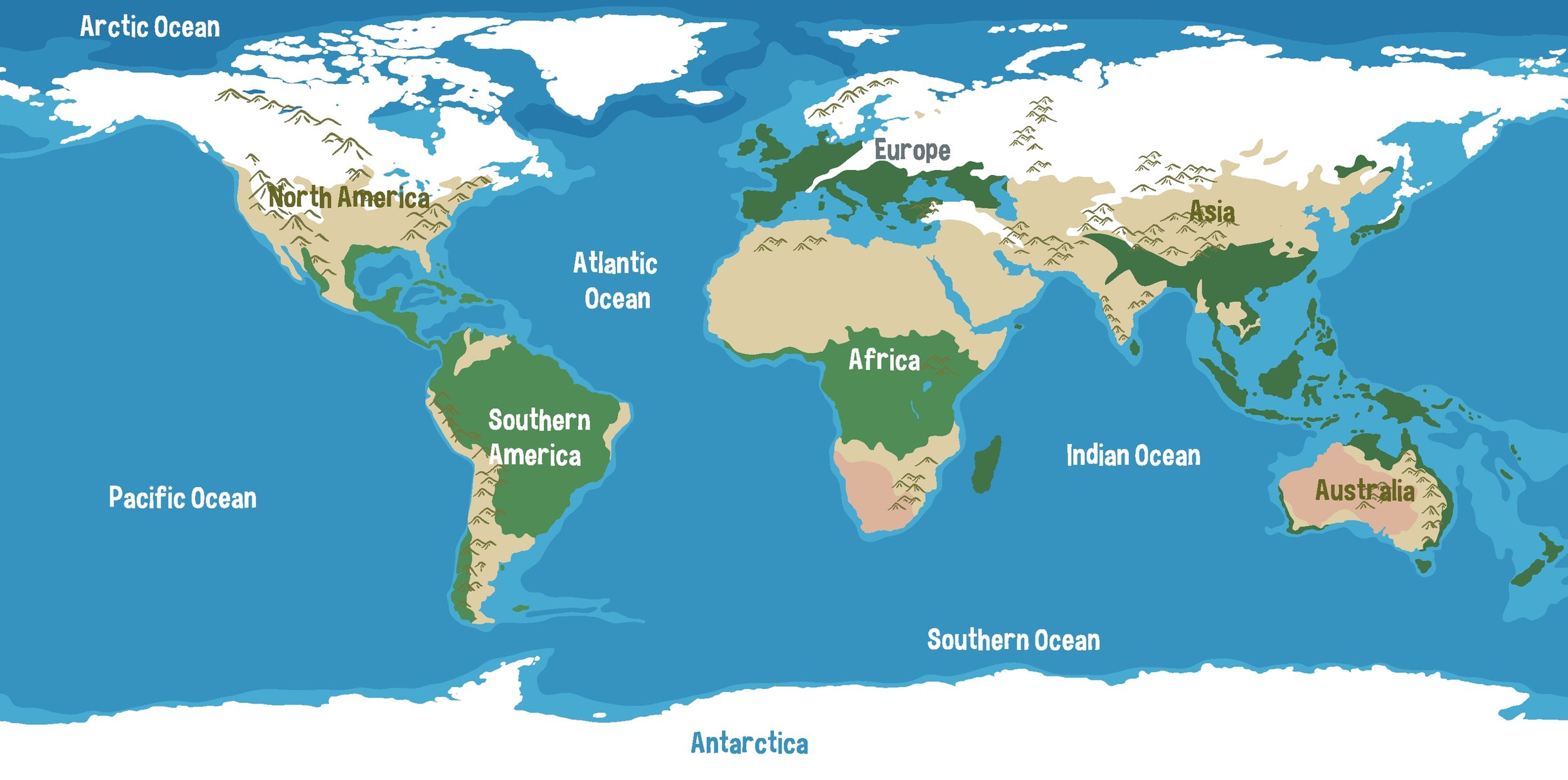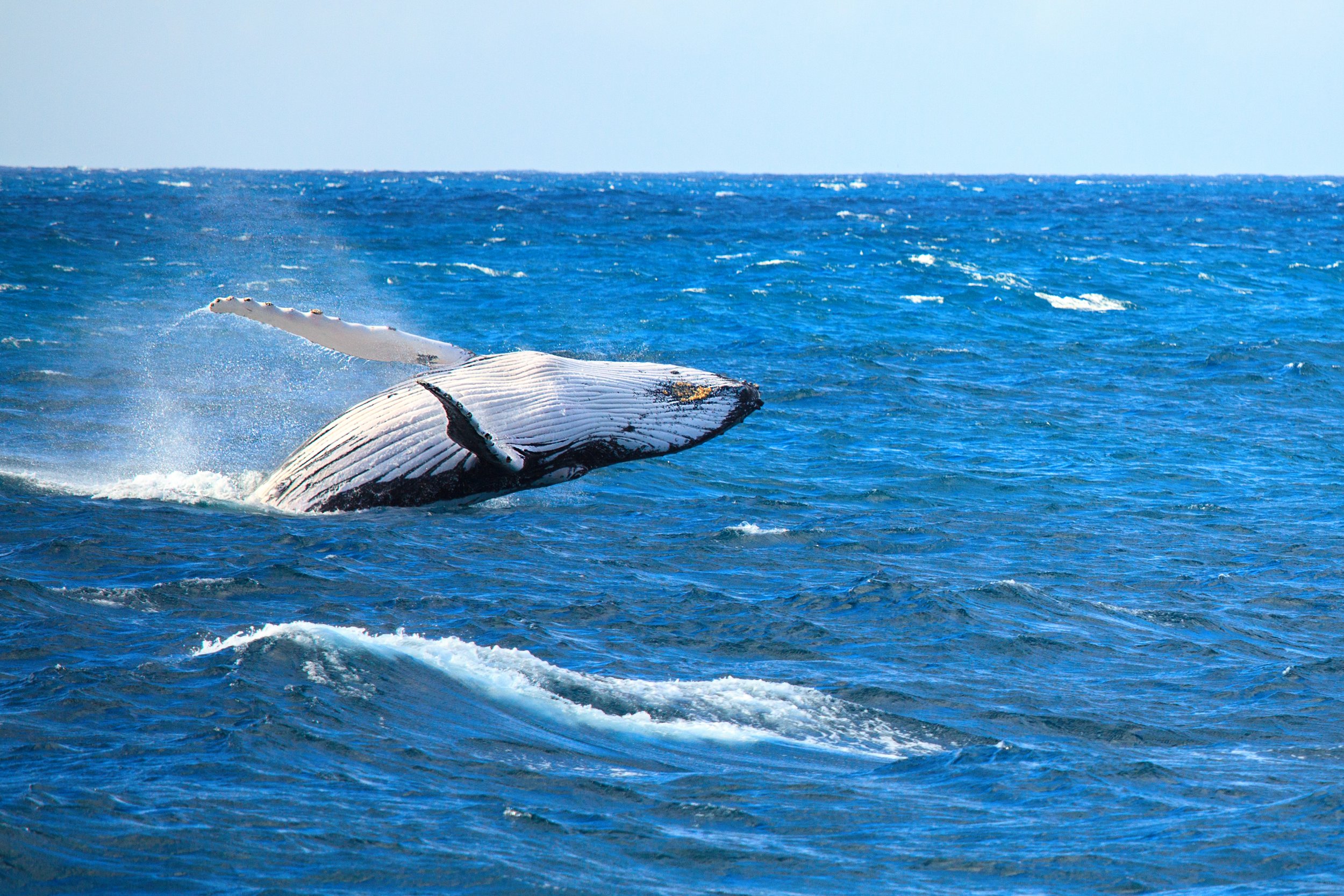Interesting Facts About the Atlantic Ocean
Roughly 6.5 times the size of the USA, the Atlantic Ocean is the world’s second largest ocean, covering 25% of our planet’s surface! As this ocean is Kvaroy Arctic’s home, we invite you to dive into learning more about it.
Location
The Atlantic Ocean is located between the east coasts of North and South America and the west coasts of Europe and Africa. The equator divides this huge body of water into two parts: the North Atlantic Ocean and the South Atlantic Ocean.
Ports and Major Cities
As the Atlantic Ocean connects four of the world’s continents, it’s often used by ships for marine transportation. The biggest port cities on the shores of the Atlantic Ocean are Rotterdam (Netherlands), Hamburg (Germany), New York (USA), Buenos Aires (Argentina), and Colón (Panama). Some other big cities on the Atlantic Ocean are Miami (USA), Sao Palo (Brazil), Lagos (Nigeria), Cape Town (South Africa), Casablanca (Morocco), Lisbon (Portugal), London (UK), and Reykjavik (Iceland).
Islands
The Atlantic Ocean surrounds Kvaroy Island in Norway, but ours isn’t the only island located in this vast dark blue sea! There are many islands in the Atlantic Ocean, and some of the most well-known are the Bahamas, the Canary Islands (Spain), the Azores (Portugal), the Cape Verde Islands, and Greenland, which is not only the largest island in the Atlantic Ocean, but the biggest one on earth!
Depth
The average depth of the Atlantic Ocean is about 3,339 meters (10,955 feet) and it reaches its deepest at the Milwaukee Deep in Puerto Rico: 8,605 meters (28,232 feet)!
Temperature of the Water
Different parts of the Atlantic Ocean have different temperatures, depending on the ocean’s currents and the location’s distance to the Equator. The closer to the Equator, the warmer the water tends to be; the closer to the polar regions, the lower the temperature is: around -2℃ (28℉).
As Kvaroy Island is located at the edge of the Arctic Circle, our waters are pretty cold, but our salmon love it as it’s richer in oxygen. And if our salmon are happy, we are happy!





